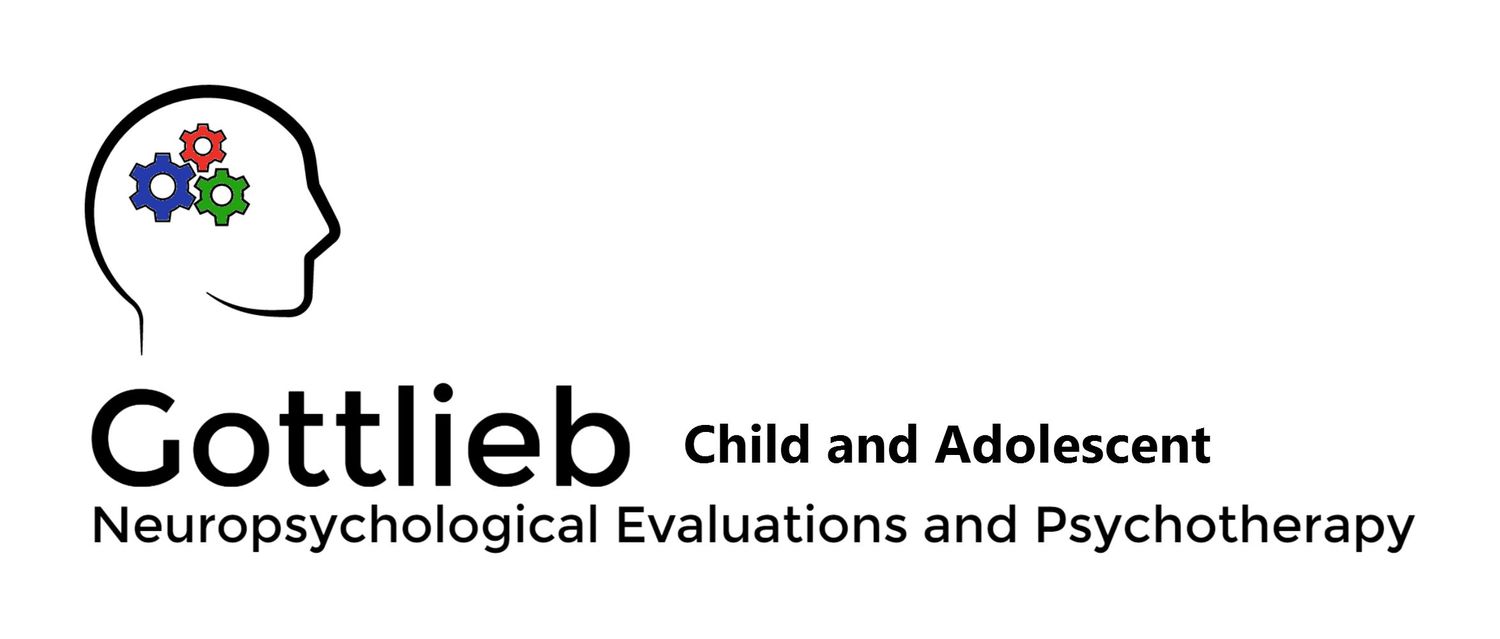“Acing” Your Child’s Parent-Teacher Conference: How to work together and get the most out of this important meeting.
/It’s that time of year again—fall parent-teacher conferences are around the corner. For parents of children struggling academically, behaviorally, socially, or emotionally, this can be a challenging meeting. Whether your child is having a smooth or difficult experience in school thus far, it is important to make the most of your parent-teacher conference. This is a time to collaborate with your child’s teacher, especially if your child is struggling, to help your child work toward success. With this in mind, here are a few items to consider.
Share Your Observations of Your Child and His or Her Needs
First of all, parent-teacher conferences are not merely a time for the teacher to give you information about your child. This is a great opportunity for you to share your concerns, as well as your child’s strengths, as they relate to the school setting. Tell the teacher what things motivate your child, what he or she likes and dislikes, and his or her strengths and weaknesses. This is also a time to develop a partnership with the teacher, considering how situations at home (e.g., a divorce, illness, or new baby in the family) may be impacting your child at school. If homework is particularly challenging for your child—and results in defiance, tears, or other issues—tell the teacher so you can start working on a plan to alleviate stress and focus on what needs to be accomplished.
Cover More Than Academics
Most likely, your child’s teacher will focus on your child’s academic performance. While this is important and the primary goal of most schools, there is so much more that your child needs to succeed. Your child spends more than half of his or her awake hours interacting with a variety of peers and adults at school. “Soft skills” (e.g., how one works with others, emotion regulation, ability to compromise) can be some of the most important skills throughout development. Therefore, be sure to ask about how your child is doing socially and emotionally, including how he or she interacts with peers, what your child’s mood is typically like, or if there are any concerns at recess or lunch. Each of these areas can affect your child’s academic performance, as well as his or her wellbeing more broadly.
One of the most important items to cover will be how your child behaves in class. Don’t dismiss it if the teacher tells you that your child has a hard time sitting still, struggles with group work, or appears to be “zoning-out.” While these behaviors can be due to a variety of internal difficulties (e.g., anxiety, learning challenges, attention issues, social struggles), noting these behaviors can lead to conversations, additional observations, and possible next steps to understanding your child and how to best support his or her needs.
Academics and Special Needs
While it can be challenging, try to listen carefully and nonjudgmentally as the teacher talks to you about your child’s academic performance. When it comes to standardized testing and other assessment results, ask the teacher to explain what your child’s performance means in practical terms. Typically, schools are looking at normative data, comparing your child’s academic performance to grade-level expectations. However, it is equally if not more important to consider your child’s performance across tests or subject areas, comparing your child to him or herself. Are there gaps or inconsistencies in your child’s performance? Use this time as an opportunity to begin discussing how these discrepancies can be understood, and what types of support may be recommended.
When There are Concerns
If your child is experiencing challenges at school, do your best to keep an open mind. Try not to blame your child, yourself, or his or her teacher. Rather, think of it as though you are all on the same team. You now have more information about your child’s experience at school, and gathering information is the first step toward positive change. This is the time to be proactive rather than waiting until problems become more severe or engrained. Figure out the best way to stay in touch with the teacher so you can follow up on specific issues or concerns. If necessary, work to develop an action plan involving your child’s teacher and school.
Depending on the issue, it may be time to reach out to a professional in the community for support. If attention and learning challenges and/or social-emotional issues are persistent and causing significant concern, it may be time to consider neuropsychological or psychoeducational testing. A comprehensive evaluation brings a depth of understanding, providing information about your child’s strengths and challenges, as well as recommendations and direction for how best to provide support and accommodations. As a child psychologist who specializes in neuropsychological and psychoeducational testing, I’m committed to working with the child, family, and school system to provide a comprehensive assessment with the child’s unique needs in mind. This includes follow-up support, working with the family and school to put the results into a tangible action plan, with the goal of helping your child succeed to his or her full potential.
Shira Gottlieb, Psy.D., Licensed Clinical Psychologist
Dr. Gottlieb is a licensed clinical psychologist. She received her B.A. in psychology, with a minor in neurobiology, from Harvard University, and her Psy.D. from the George Washington University. Dr. Gottlieb works with children and adolescents, and their families, to provide comprehensive neuropsychological and psychoeducational assessments to better understand the individual child or adolescent’s attention capacities, learning profile, emotional functioning, and behavioral presentation. For more information on Dr. Gottlieb, please visit her website at http://www.gottliebchildpsych.com/


